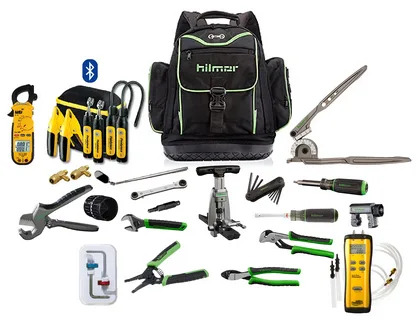Many useful technologies that were launched to make human life easier and better can now work to our detriment. It works even with the most reliable slot machine games that operate according to the RNG algorithm. At first, they’re exciting and enjoyable, but if you don’t stop on time, they may get harmful. This doesn’t mean that such technologies should be feared or abandoned – they have not ceased to be useful. But there are certain risks that you need to be aware of and guard against. Here are a few examples.
Table of Contents
Google Maps
Google Maps is a useful app. It’ll find the best route for every mode of transport, the nearest ATM, the nearest store or pharmacy, and the best restaurant with your favorite cuisine. Millions of people use it every day, not only when traveling but also when walking around town, going to the doctor or visiting relatives.
Google Maps literally tracks our every move. It’s essential so that every user can get personalized content that includes favorite places and preferred routes, the company claims, but it’s not that simple. The search history stores absolutely all the places you’ve marked on your maps, as well as your travel routes, including transportation, and anyone who logs into your account can access that data. Once attackers get to your account, they’ll have everything: your location and addresses, all your movements, and your real name. Besides, Google can release this data at the request of government agencies, such as the police. According to 2020 data, the company received 113,602 requests for disclosure of user data and 261,238 requests for disclosure of accounts and granted (in whole or in part) 76% of all requests.
Google Earth
Google Earth allows you to travel anywhere in the world – the satellite images posted on the Internet cover the entire surface of the Earth and have an unprecedented high resolution. Of course, not everyone uses the service for good. Besides the fact that it’s a convenient tool for terrorists and spies, who can now examine in detail and study even hard-to-reach objects, the advantage of the service is also used by thieves. For example, several years ago the British edition of The Daily Mail told about a gang of burglars who stole about a million pounds worth of copper cable from the railroad tracks. They used Google Earth to catch places no one was watching. Other thieves used the service to look for lead roofs, which they removed from churches and then turned in as precious metal.
Face Recognition
Facial recognition has been used extensively for everything, from unlocking phones and tagging photos on social media to border control at airports and searching for missing persons. We are constantly under surveillance – Face Recognition can pose a threat to individual freedom and privacy.
On the other hand, Face Recognition can help in the search for real criminals, but even here it is not so simple. When human life and safety are at stake, mistakes in recognition are unacceptable, and while the system’s sophisticated algorithm tries to eliminate them, automatic face recognition is still not 100% accurate. In 2019, an American student even sued over a mistaken arrest – he was misidentified by the facial recognition system as a thief.
